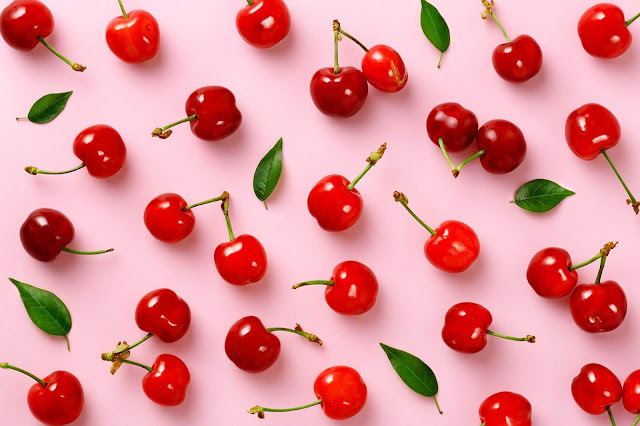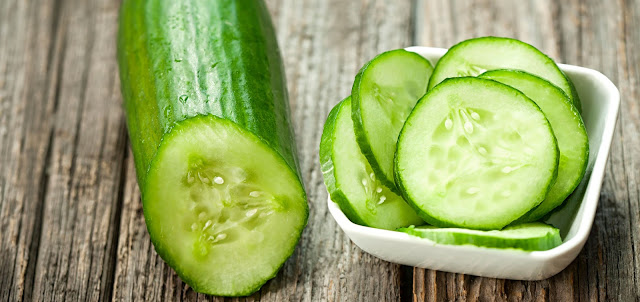SECOND THOUGHT has rounded up some of the strangest and most
fascinating food facts that you probably never knew. Keep scrolling to educate yourself.
- A bunch of bananas is called a hand.
- Almonds are a member of the peach family.
- Apples are made of 25% air, which is
why they float.
- Avocado has highest protein content of
all fruit.
- Broccoli contains twice the vitamin C of an orange.
- Cabbage is 91% water.
- Cherries are a member of the rose family.
- Chocolate was once used as currency.
- Consuming dairy may cause acne.
- Cranberries bounce like a rubber ball when ripe.
- Cucumbers are 96% water. So next time you’re feeling dehydrated and don’t feel like drinking water, try snacking on a cucumber.
- Eating bananas can help fight depression.
- Eating too much nutmeg has the effect of a hallucinogenic drug.
- Eggplants are fruits and classified as berries.
- Fresh eggs sink in water and rotten eggs will float.
- Ginger can reduce exercise-induced muscle pain by 25%.
- Grapes will explode if you put them in the microwave.
- Honey is the only edible food that never goes bad.
- Lemons contain more sugar than strawberries.
- Neither strawberries, blackberries nor raspberries are actual berries.
- Peanuts are legumes, not nuts.
- Radishes are members of the same family as cabbages.
- The tea bag was created by accident, as tea bags were originally sent as samples.
- Yams and sweet potatoes are not the same thing.
THANK YOU!!
😊
























Comments
Post a Comment